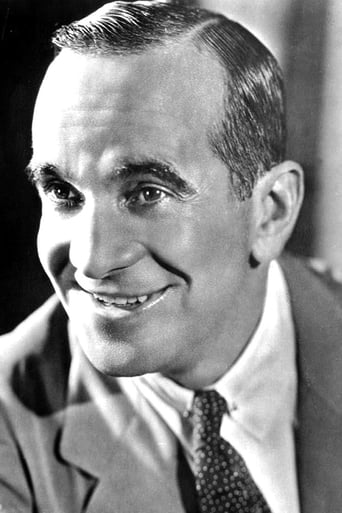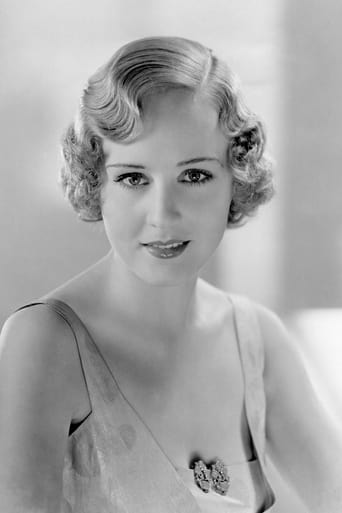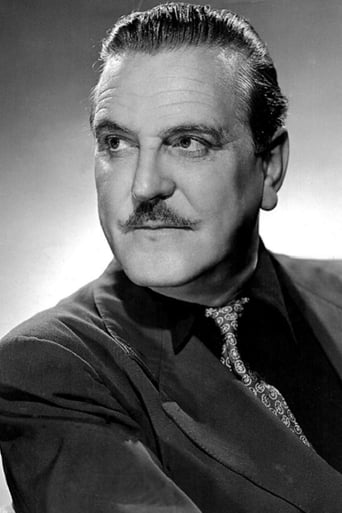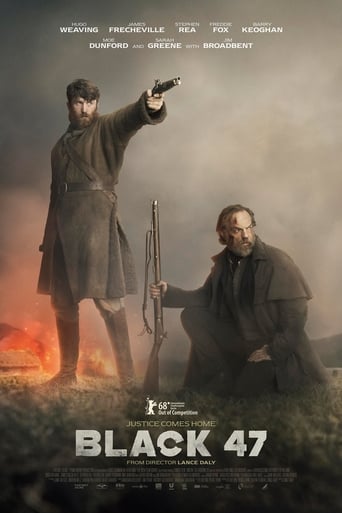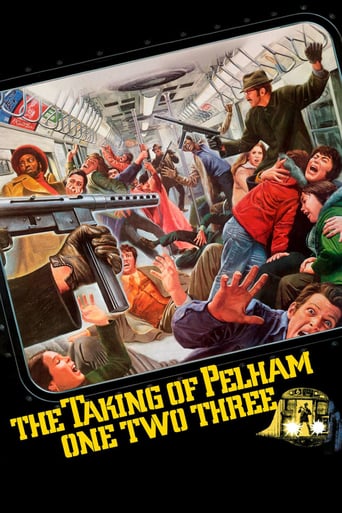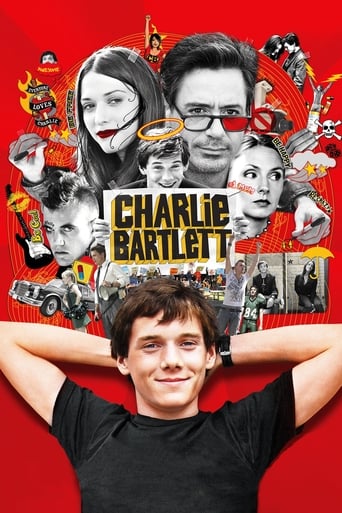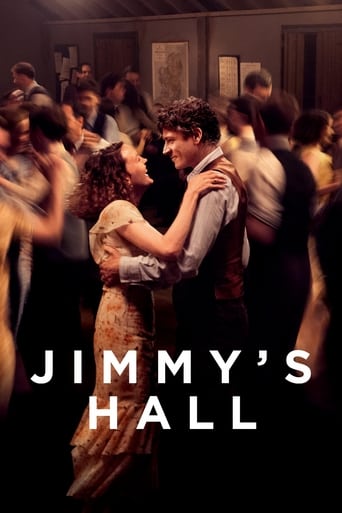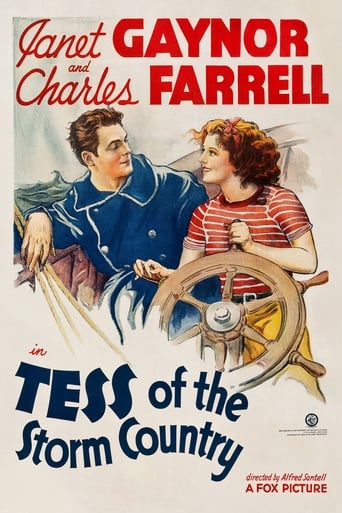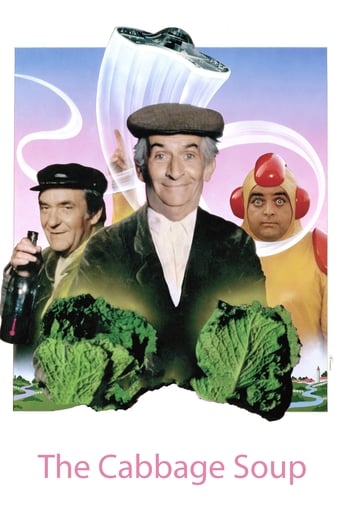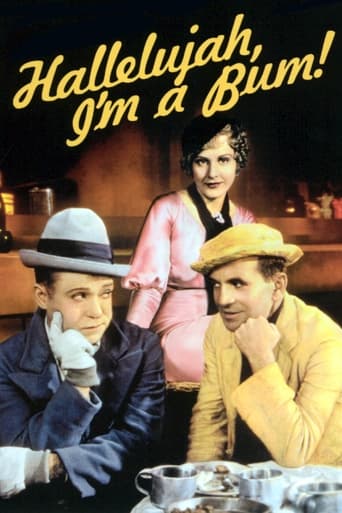
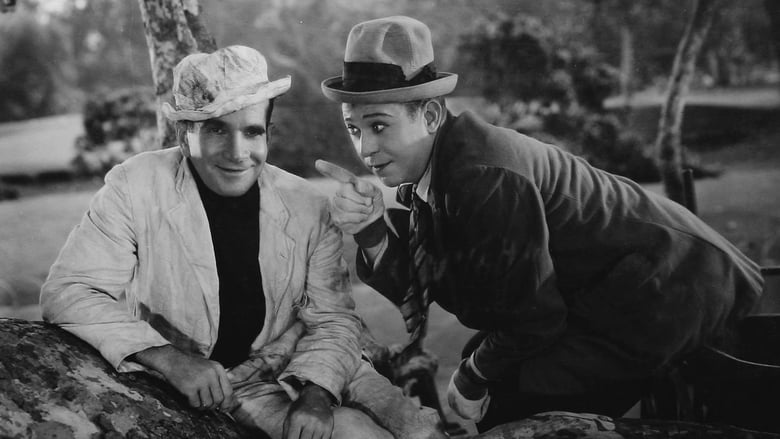
Hallelujah, I'm a Bum (1933)
A New York tramp falls in love with the mayor's amnesiac girlfriend after rescuing her from a suicide attempt.
Watch Trailer
Cast


Similar titles
Reviews
Wow, is this an unusual film! Not only is it about how wonderful it is to be a bum, but there also is a song that is anti-Bolshevik! For the life of me, I can't think of another film with themes like this!! Unlike most musicals, most of the dialog is actually sung--some very well and some definitely not! While this might sound like a good thing, it was NOT--especially when seen today. It's all very, very hard to enjoy as there aren't any particularly memorable songs and a little of this goes a very long way! As a result, it's a mildly interesting curio at best--and a film only for Jolson fans (both of them).Despite me not enjoying this film, it is interesting to silent comedy fans like me. Two old-time comedians are in the film--Harry Langdon (a gifted comic who is practically unknown today) and Chester Conklin (of the Keystone Kops and other supporting roles). Look for Langdon as 'Egghead'(the supposed Bolshevik) and Conklin plays 'Sunday' (sporting the familiar mustache but here it's gray--plus he also wears spectacles).
A multiplicity of divergent talents including director Lewis Milestone, writers Ben Hecht and S. N. Behrman, composer Richard Rodgers, lyricist Lorenz Hart, along with performers Al Jolson, Chester Conklin and Harry Langdon – all major figures of American popular culture - got together in the darkest days of the Depression to create this eternal oddity, a quasi- musical with a bizarre plot about the an easygoing, charming "bum" (Al Jolson) satisfied with his lot, who as unofficial "mayor" of Central Park presides over the homeless community therein, all the while maintaining a casual friendship with the personable but corrupt Mayor of New York City (Frank Morgan). The rather improbable plot hinges on what happens after Jolson saves the life of, and develops a crush on, a beautiful young woman (Madge Evans), only to discover that she is the mistress of the Mayor himself. Much of the film unfolds in song or spoken rhyme, some brilliant, some merely serviceable, and some rather awkward. In true Milestone fashion, the camera pans and tracks liberally, and we're even treated to a tour de force of precision editing, from close-up to close-up, syllable-by-syllable, of human faces as they sing a song. The "bums" are depicted as a jolly and rather carefree bunch who inhabit a parallel civilization just under the radar of workaday life, sort of a benign version of the criminal underworld in Fritz Lang's "M." It's a romantic vision of homelessness, to be sure, in the spirit of the song "Old Man of the Mountain" ("his cares are none and he owes no one" he "sleeps with the stars for a tent" and "God charges no rent"). Harry Langdon, the least remembered of the Big Four funnymen of 20's silents (Chaplin, Keaton and Lloyd being the others), here plays a speaking role as a Marxist garbage collector and comes across as an opinionated Stan Laurel but without the slapstick. Another silent comedian, Chester Conklin, is on hand as "Sunday," a horse-and-buggy driver married to battle-ax Louise Carver. Jolson himself has seldom if ever been more appealing on film, never grandstanding or hogging the proceedings (and never given the chance, whether in song or in speech). He is attended throughout by constantly grinning black actor Edgar Connor in a happy-to-be-servile role, made somewhat palatable by occasional non-moronic exchanges of dialogue with Jolson and others.The script by Hecht and Behrman contains the terms "reds," "plutocrats," "socialist," and the like. In Hallelujah's world all money, unless in very small denominations, is a curse. Overall the impression is that of a lighthearted fantasy set in grim reality.
Slap-happy musical film that tries to use music and images together to meld a new format -- and ends up entertaining and likeable. Many of the songs are "recited" in operatic fashion, as when Jolson, the "Mayor of Central Park" (a famous bum) sings his case in court against a singing tribunal that he's been brought before on chargest of betraying his office by taking a job at a bank. A wonderful tracking shot introduces his job through sucessive levels of importance, beginning with high rollers and ending up with lyricist Lorenz Hart telling a customer he doesn't have a dime to give him. After we see all the varying levels of importance in the bank, we finally come on Jolson and his friend, doing the banking equivalent of peeling potatoes. Wonderful charm of Jolson and Langdon is dulled slightly by Morgan and Evans' stiff leads. Rodgers music and Hart's lyrics are splendid, making this one of the most original, best written original musicals of all time. It should be noted that in his years later working with Oscar Hammerstein, Rodgers only wrote one original play for film (excluding the televised "Cinderella") -- "State Fair" -- which in my opinion, though charming, has got nothing on "Hallelujah, I'm a Bum!" After the failure of this and several other Rodgers/Hart film projects, the duo returned to Broadway to become almost its only reliably successful writers in the later 30s. They left behind this little Hollywood gem to be rediscovered.
The idea of rhythmic dialogue seems strange today, but was a short-lived fad in the early 30s (best example is the 3 Stooges first Columbia short: "Woman Haters")It works well in Halleleujah, I'm a Bum, since rhyming is only done in parts of the picture.This was my first introduction to 30s musicals, and is now released on DVD. The "mistress situation" of the Mayor of New York keeping lovely Madge Evans in an apartment in the same building as his is rather interesting as well. Although a "dud" at the boxoffice in 1933, this picture has developed a cult following over the years. Jolson's starring movie career was over by the late 30's due to his ego, but he still has a major reputation as one of the greatest entertainers in history. This picture is a wonderful example of the wild enthusiasm of Hollywood's early talkie musicals with a moral to the story.


